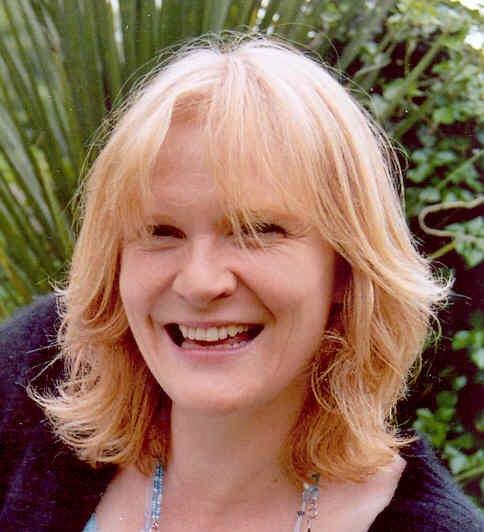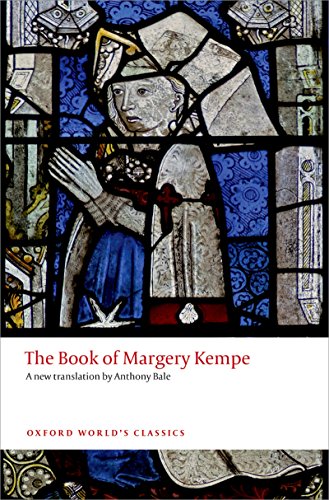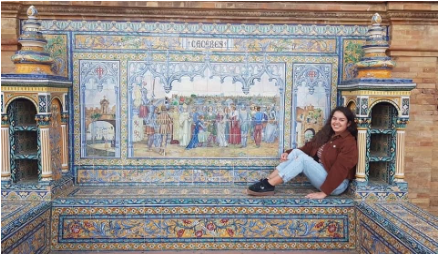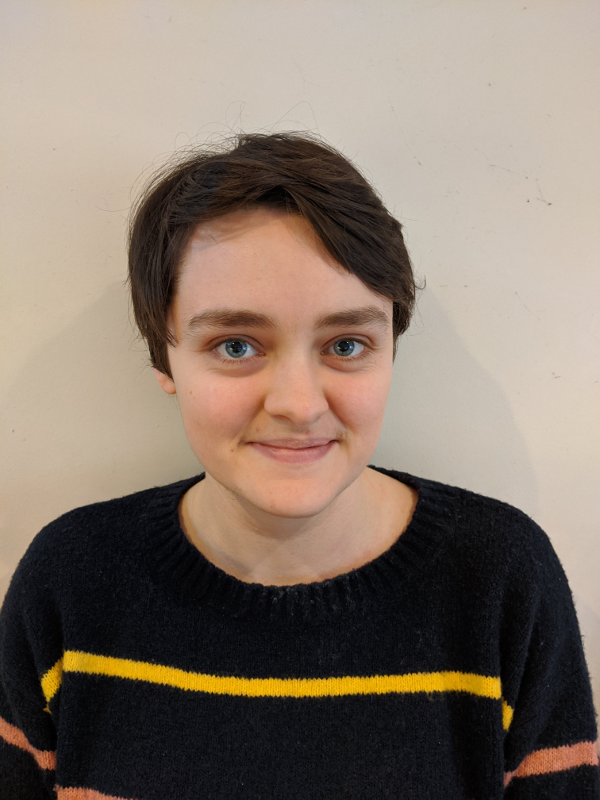This post is part of our Research Initiation Scheme for 2020-2021.
On the 25th of June, six candidates from the current PhD cohort at Queen’s University Belfast shared a session entitled ‘PhD Flashtalks’ during the Modern Languages CDRG Research Showcase 2021. Dr Ricki O’Rawe participated as the chair.

Margaret Cunningham, who is a second year PhD candidate in French, began the session with a synopsis of her thesis project, which carries the working title ‘Narratives of Disaster in the French Caribbean’. Margaret believes that in the Caribbean context, the French departments of Guadeloupe and Martinique have been largely overlooked in studies of catastrophe. Thus, Margaret has made this silence the focus of her thesis, examining disaster narratives against the backdrop of a colonial and specifically slave past.
Next, Annie Jowett, a first-year Ph.D. student in Irish, discussed her thesis on ‘The Irish Dialect of South Leinster: The Onomastic Evidence’. Through her research, Annie aspires to address and contribute to the gap in linguistic knowledge about the Irish language and discover where the Irish spoken in South Leinster fits into the dialect continuum of the Irish language in Ireland. The Irish language has been obsolete in South Leinster since the turn of the twentieth century. In addition, the linguistic history of the region is complex in terms of language contact; Annie gave the example of the survival of an Old English dialect named Yola which survived in the South-East of the province until the late nineteenth century. Annie is employing placenames in the region as her primary source of dialect evidence, intending to focus on the distribution of stress patterning in local pronunciations.
Continue reading







